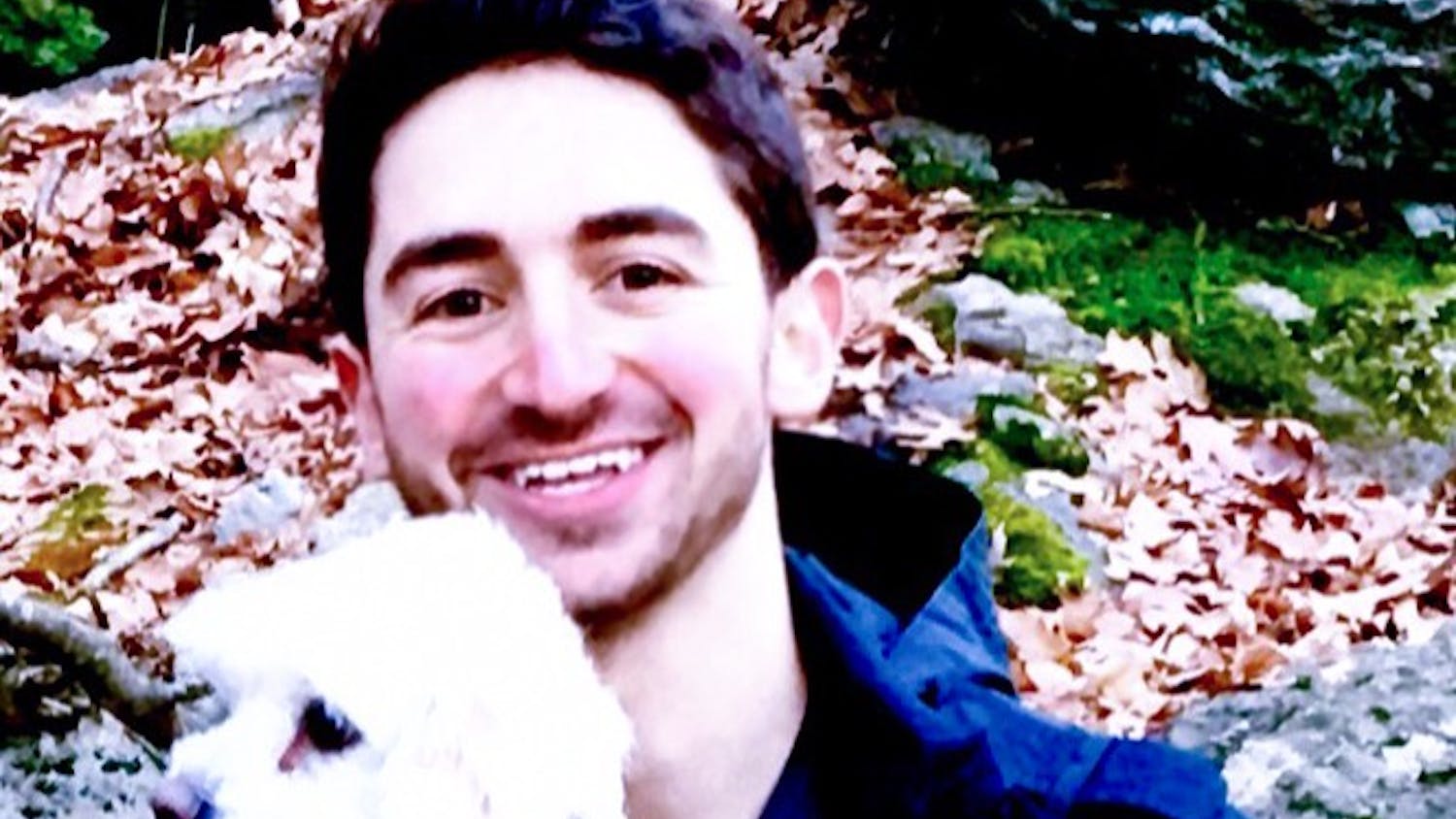I’m nervous about publishing this piece. I’m nervous about whether you’ll like it, whether you’ll think my statements on stress and anxiety are too trite and overstated, if my tone will come off as too needy or unoriginal. As I was writing, I could feel a really cute, almost cartoon-like grimace forming on my face. I know, unbelievable.
Ironically, these same sentiments, these inescapable realities for me and so many students here, are what drove me to write about stress and anxiety in the first place. Stress and anxiety can often go overlooked and uncared for, which is especially distressing in a place like this where they are constantly present. They are seen as petty issues that can be fixed if you can just toughen up, buckle down and deal with them.
Some believe that chronic anxiety only exists in academic situations, especially high-pressure ones with an easily identifiable cause — a big paper, a midterm and so on. But being stressed from work or something tangible is the cuddly kitten to a different beast. I’ve found that the worst type of anxiety forms when a creeping dissatisfaction takes hold, when you feel that you cannot control any external actions and everything appears to be a chaotic mess. During these times, a swirling mass of past, present and future failures seems to invade you, amplifying everything that you’ve done wrong recently.
And then there are anxiety attacks, when that feeling becomes one with my physiology and makes me shrivel like a raisin, settling into the darkness of whatever space I’m in. In some of my worst attacks, I cannot move my body — I curl up into a ball because of something intangible that I can only identify after the attack has finished. Though my attacks don’t occur frequently, anxiety is still an unfortunate reality of my day-to-day life.
It wouldn’t be far-fetched to say that I am a generally frazzled person — my mental state is probably something similar to that of Billy Ray Cyrus after this year’s Video Music Awards. And it comes out even in the most mundane events. My second day at Dartmouth, I decided to do my laundry. When I walked down, I realized my laundry was missing from the dryer I had put it in. Some thief had stolen my clothing, a crime which, in my mind, paled in comparison only to Yale University’s poopetrator. I frantically knocked on doors and pointed accusatorily at each of my amused floormates, who actually had no idea where my laundry was. When I finally asked my UGA, she went down to the laundry room with me and opened the door to the dryer next to mine. Magically, my clothes had reappeared. I swear, I have no idea how my laundry got there.
Laundry debacles aside, the toughest part is that my anxiety is not mutually exclusive with the characteristics that have led to some personal success. My intense fear of both academic and social failure has turned me into a neurotic perfectionist — the extra consideration I put into already heavily weighed decisions allows me to make choices I truly believe in.
Nothing terrifies or disappoints me more than a situation influenced by a lack of my own effort, or something that I could have changed had I run a little harder or spent more hours in the library. This only makes my failures more disappointing, because there must be something inherently wrong with me if one particular problem was never resolved. Or so I tell myself.
In the beginning of my senior year in high school, a time spent focusing on getting good grades, being involved in extracurricular activities and preparing for college, my dad said something that sticks with me to this day.
“There is a fine line between motivation and paralysis,” he said when things got so bad that I threatened to drop out of school and launch my rap career.
As I begin my first year at Dartmouth, coming from an all girls’ school where students compared how many times they cried in a week (I wish I were kidding), this statement couldn’t be truer. A fear of failure can only take you so far — eventually, you have to let nature run its course. Remaining proactive and resilient after failure seems to be, for me, the only way to stop anxiety from entirely taking over my consciousness.
My time at Dartmouth has transformed the slow, seeping anxiety of high school into something denser. The speed of Dartmouth classes and the intensity of personal relationships and extracurriculars synthesize the creeping dissatisfaction into a boom — hitting students with a frightening excess of responsibility. The fear, especially as a freshman, is that everyone does everything, and if you don’t, then you’re somehow behind.
Overcommitment is a problem I have just begun to recognize this winter, as I try to avoid eye contact with members of a club I haven’t attended in weeks or sheepishly smack my alarm when it screams at me to rise for drill after four hours of sleep. The consistent cycle of anxiety spurred by doing too much and thinking you should be doing more does not allow for a happy medium.
Hopefully managing anxiety, little stresses and consistent frazzlement will be easier to deal with down the road. But for now, the grimace stays.



